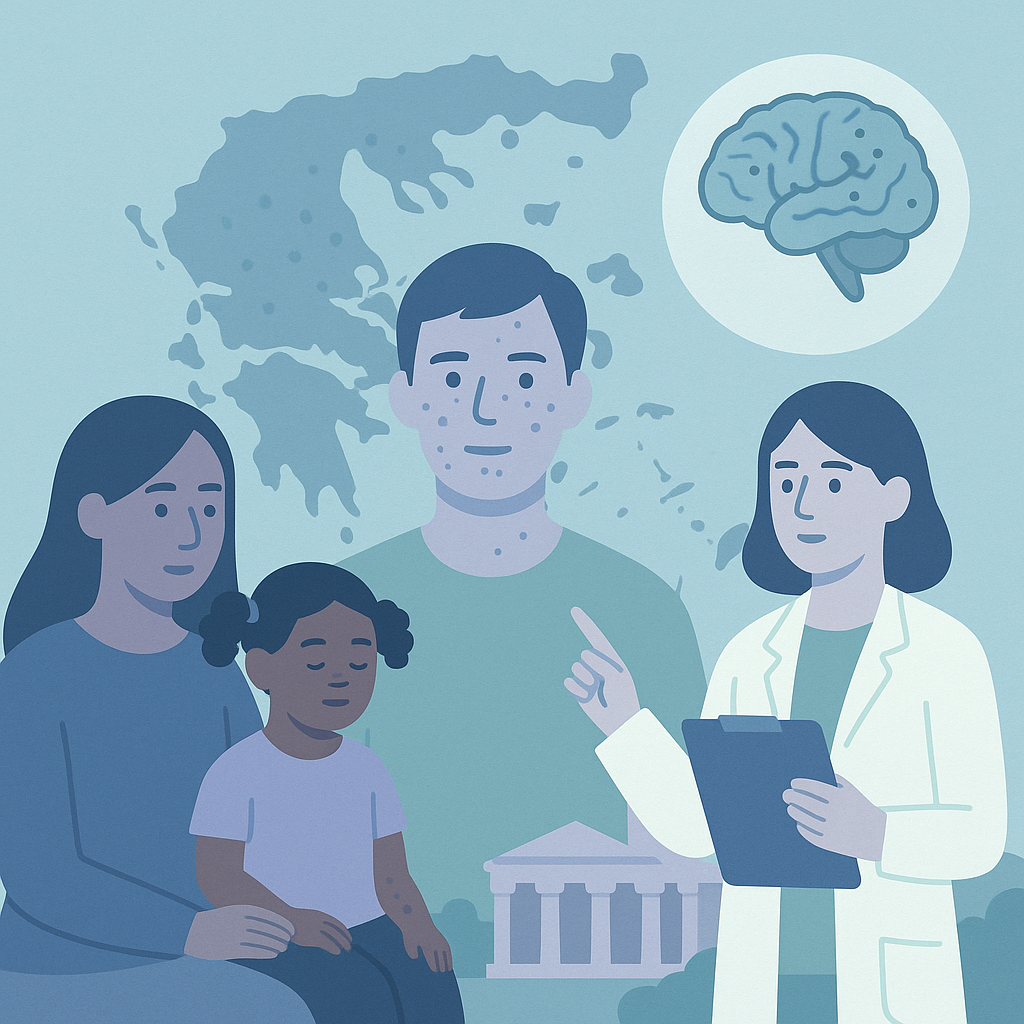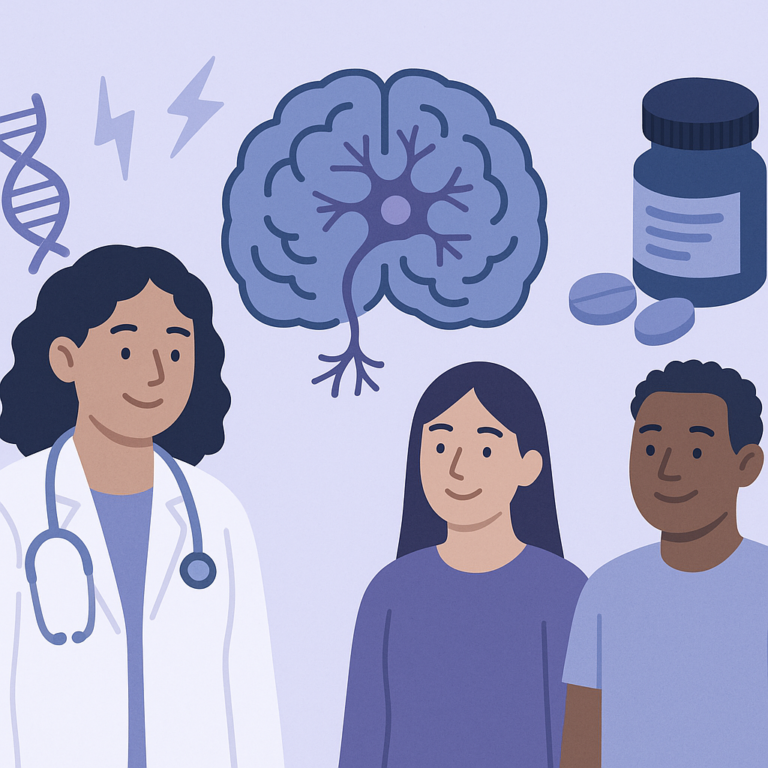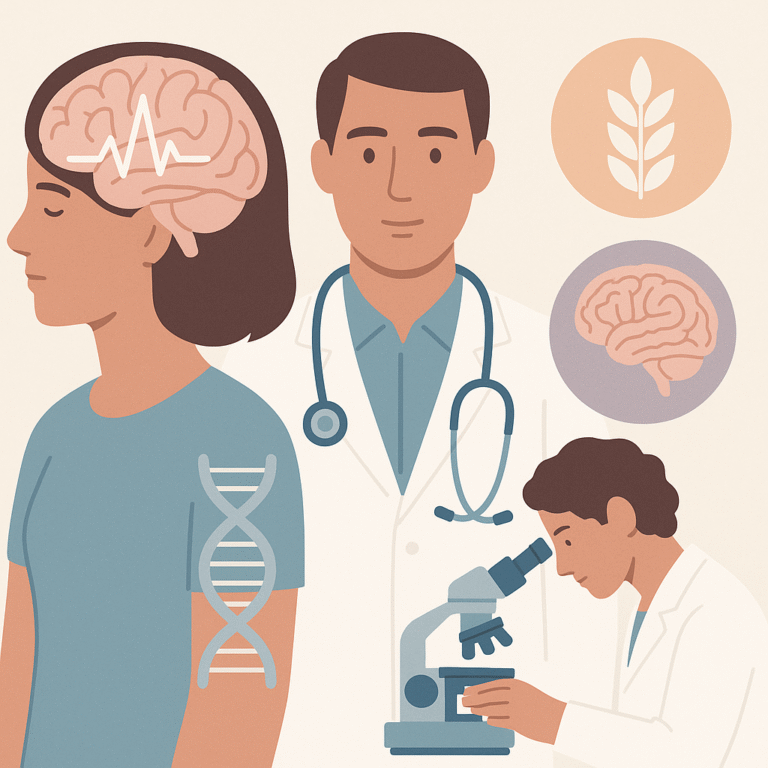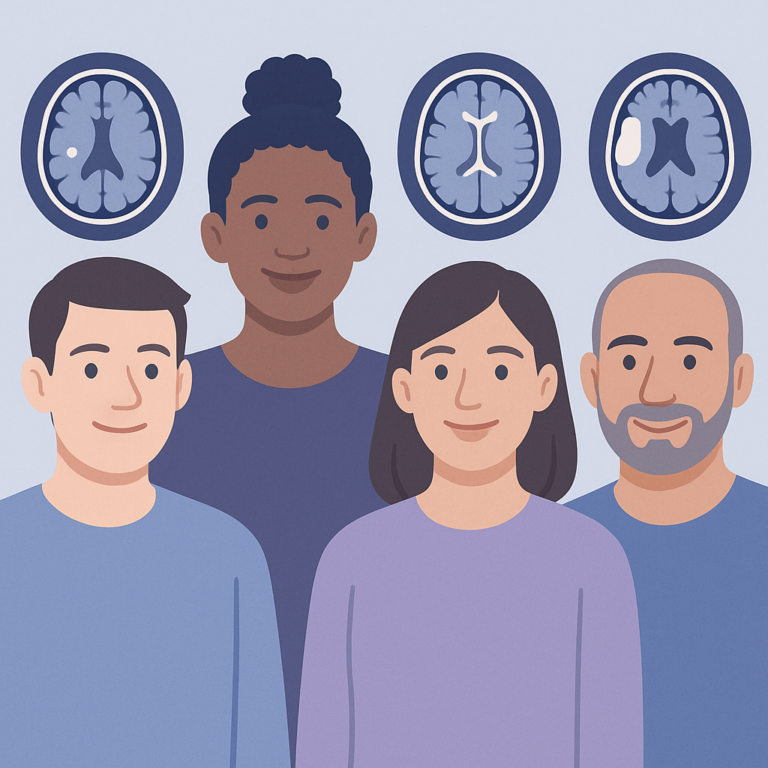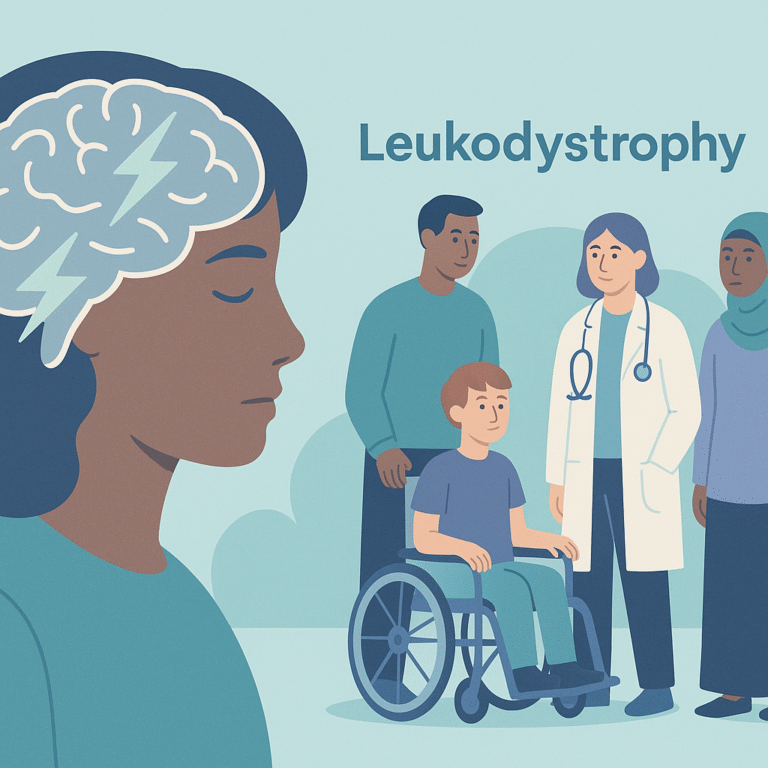New Insights on Tuberous Sclerosis in Greece
Source: European journal of paediatric neurology : EJPN : official journal of the European Paediatric Neurology Society
Summary
This study looked at Tuberous Sclerosis Complex (TSC), a rare genetic disorder, in Greece. Researchers analyzed data from 115 patients diagnosed with TSC, focusing on their clinical features, genetic information, and treatment. The study aimed to provide a better understanding of how TSC affects individuals in Greece, especially since there have been few national studies on this topic.
The key findings showed that epilepsy was the most common first symptom, affecting about 70% of the patients, with nearly 40% experiencing drug-resistant epilepsy. The study also found that many patients had other issues, such as intellectual disabilities and autism, particularly if their seizures started early in life. Additionally, the researchers identified several rare health problems associated with TSC, including certain types of tumors and skin conditions, which had not been widely reported before.
These findings are important because they highlight the need for ongoing monitoring and comprehensive care for people with TSC. Understanding the range of symptoms and complications can help doctors provide better treatment and support. However, the study is limited to patients in Greece, so the results may not apply to TSC patients in other countries. More research is needed to explore these findings in different populations and to develop effective management strategies.
Free: Seizure First Aid Quick Guide (PDF)
Plus one plain-language weekly digest of new epilepsy research.
Unsubscribe anytime. No medical advice.